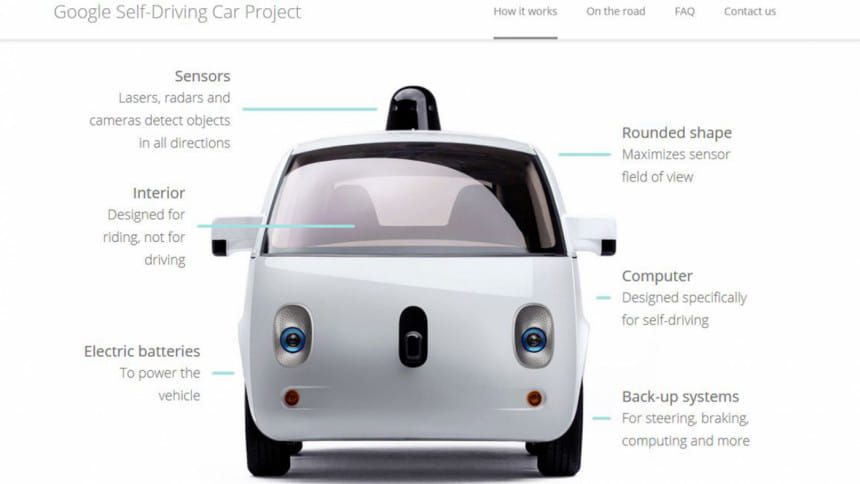Researcher claims to hack self-driving cars

The self-driving car era isn't yet upon us, but security research is well underway.
Jonathan Petit, a Principal Scientist at Security Innovation, will present a paper detailing how to spoof Lidar sensors used in self-driving cars at the Black Hat Europe security conference in November, reports Mashable quoting IEEE Spectrum.
Petit claims that he can "trick" a self-driving car into seeing objects that aren't actually there using a low-power laser and a pulse generator, it said.
Researcher claims to hack self-driving car sensors with simple laser http://t.co/0LkDQR9BHv pic.twitter.com/57RiP3ipQE
— Mashable (@mashable) September 8, 2015
Lidar -- short for Light Detection and Ranging -- is a radar-like system that uses pulsed lasers to create a 3D image of the world. In some self-driving cars, Lidar is essentially the eyes of the car.
Petit recorded pulses from an off-the-shelf lidar, an Ibeo Lux, to be played back by a laser and a pulse generator, making the Lux "see" things that aren't actually there.
A researcher has proved how easy it is to hack a self-driving car (it's very easy) http://t.co/Giux5GrQRY
— Daily Mail Online (@MailOnline) September 7, 2015
The attack works at a distance of up to 100 meters and can be carried out from the front, back or side of the Lux unit.
Spoofing a car, person or wall could cause a self-driving car to slow down or drive erratically, like a drunk human. The attack could even overwhelm the system in a denial-of-service attack, to the point that the Lidar wouldn't be able to track real objects, causing the car to stop moving entirely.
As of right now, the attack only works with the Ibeo Lux, but Petit says it's not because the Lux is particularly bad. He thinks that companies building Lidar units haven't thought of the possibility of this sort of attack. While Petit carried out the attack using a laser and a pulse generator, he told IEEE Spectrum that the generator could easily be substituted with an off-the-shelf Arduino or Raspberry Pi.
Petit carried out his research while he was a Research Fellow at the University College Cork, Ireland.
Drivers shouldn't be worried though, since this hack only affects automotive technology still in development. Petit's research is a good reminder that the road to a self-driving car future will be long and filled with many unanticipated challenges.

 For all latest news, follow The Daily Star's Google News channel.
For all latest news, follow The Daily Star's Google News channel. 



Comments